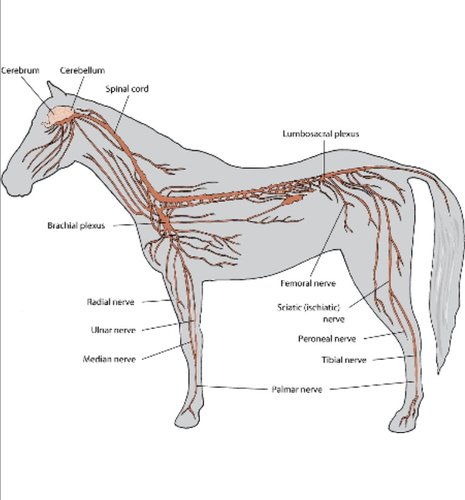Steroids Risks in Neurologic Horses

Many of our clients have heard us discuss these concerns with progression of treatment when underlying disease is considered possible. In many cases clients are hesitant to wait for laboratory results and delay treatment. The conversation to have is whether to wait for testing, or to treat with an orthobiologic negating the risk of immune suppression related to steroid use.
Steroids Risks in Neurologic Horses
Corticosteroids are potent anti-inflammatories, but in horses with neurologic disease, especially when an infection is involved, they carry significant risks. Steroids can suppress immune defenses, disrupt endocrine balance, and, in some cases, worsen the underlying disease.
Pusterla et al. (2010) demonstrated that systemic dexamethasone can reactivate latent equine herpesvirus-1 (EHV-1). Once reactivated, EHV-1 can progress to the neurologic form of the disease, equine herpesvirus myeloencephalopathy (EHM), and also increase viral shedding to other horses.
In horses with equine protozoal myeloencephalitis (EPM), the same concern applies: steroid-induced immunosuppression may allow infection to worsen. This is especially relevant for veterinarians practicing in the southeastern U.S., where EPM is endemic.
That’s why safer alternatives are essential. Orthobiologic therapies such as Pegasus PRP can offer local support and pain relief without the systemic risks that make corticosteroids contraindicated in neurologic cases. (Copyright Pegasus Orthobiologics 2025)